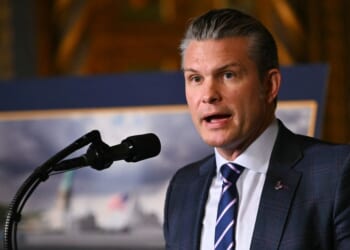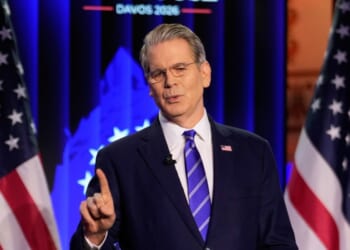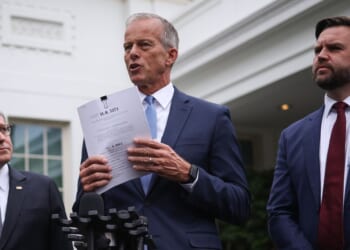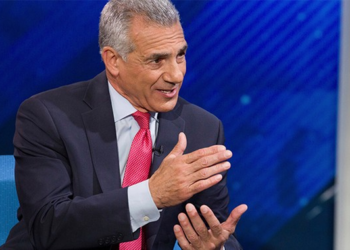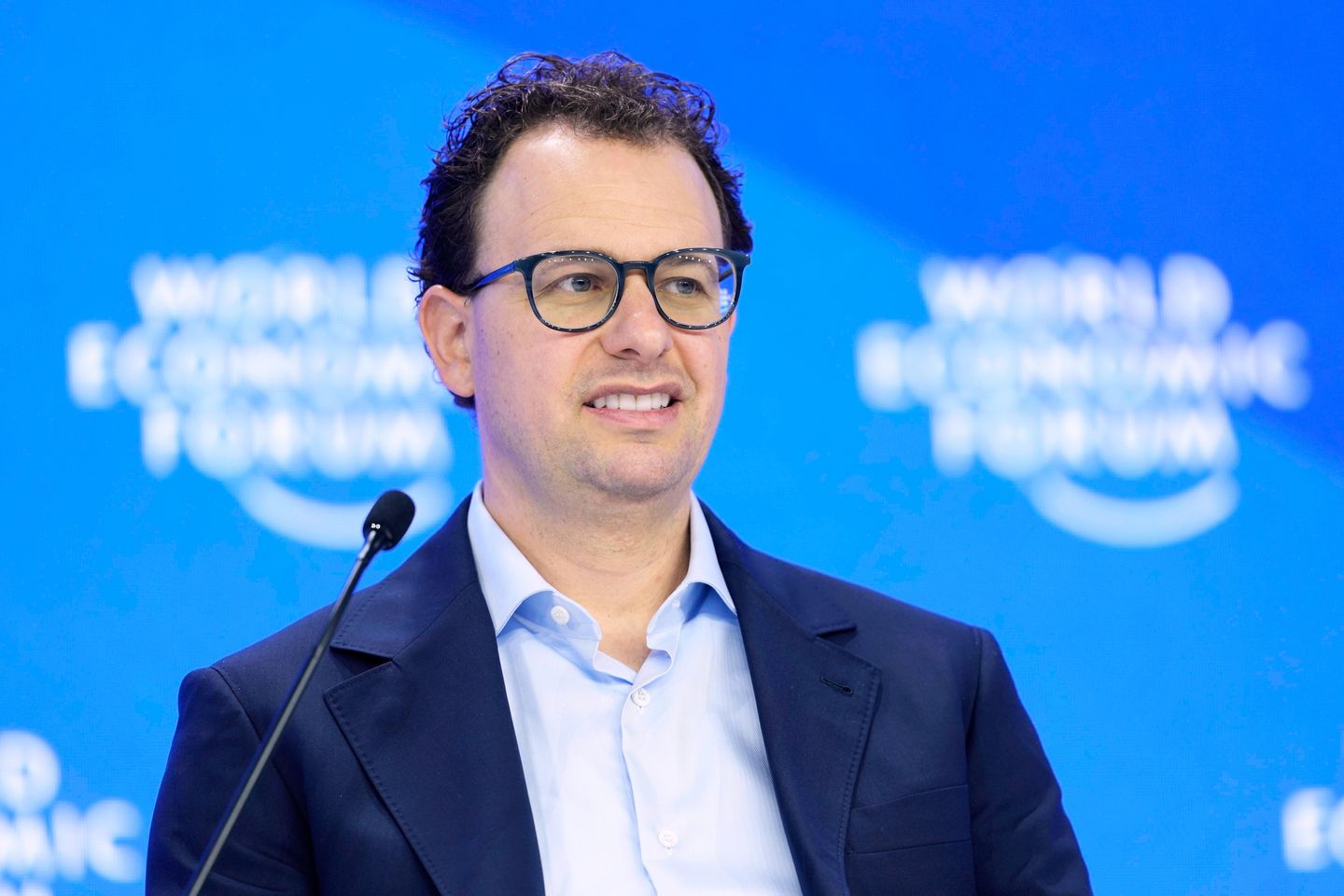
Artificial intelligence company Anthropic announced a $50 billion investment in computing infrastructure on Wednesday that will include new data centers in Texas and New York.
Microsoft also on Wednesday announced a new data center under construction in Atlanta, Georgia, describing it as connected to another in Wisconsin to form a “massive supercomputer” running on hundreds of thousands of Nvidia chips to power AI technology.
The latest deals show that the tech industry is moving forward on huge spending to build energy-hungry AI infrastructure, despite lingering financial concerns about a bubble, environmental considerations and the political effects of fast-rising electricity bills in the communities where the massive buildings are constructed.
Anthropic, maker of the chatbot Claude, said it is working with London-based Fluidstack to build the new computing facilities to power its AI systems. It didn’t disclose their exact locations or what source of electricity they will need.
Another company, cryptocurrency mining data center developer TeraWulf, has previously revealed it was working with Fluidstack on Google-backed data center projects in Texas and New York, on the shore of Lake Ontario. TeraWulf declined comment Wednesday.
A report last month from TD Cowen said that the leading cloud computing providers leased a “staggering” amount of U.S. data center capacity in the third fiscal quarter of this year, amounting to more than 7.4 gigawatts of energy, more than all of last year combined.
Oracle was securing the most capacity during that time, much of it supporting AI workloads for Anthropic’s chief rival OpenAI, maker of ChatGPT. Google was second and Fluidstack came in third, ahead of Meta, Amazon, CoreWeave and Microsoft.
Anthropic said its projects will create about 800 permanent jobs and 2,400 construction jobs. It said in a statement that the “scale of this investment is necessary to meet the growing demand for Claude from hundreds of thousands of businesses while keeping our research at the frontier.”
Microsoft has branded its two-story Atlanta data center as Fairwater 2 and said it will be connected across a “high-speed network” with the original Fairwater complex being built south of Milwaukee, Wisconsin. The company said the facility’s densely packed Nvidia chips will help power Microsoft’s own AI technology, along with OpenAI’s and other AI developers.
Microsoft was, until earlier this year, OpenAI’s exclusive cloud computing provider before the two companies amended their partnership. OpenAI has since announced more than $1 trillion in infrastructure obligations, much of it tied to its Stargate project with partners Oracle and SoftBank. Microsoft, in turn, spent nearly $35 billion in the July-September quarter on capital expenditures to support its AI and cloud demand, nearly half of that on computer chips.
Anthropic has made its own computing partnerships with Amazon and, more recently, Google.
The tech industry’s big spending on computing infrastructure for AI startups that aren’t yet profitable has fueled concerns about an AI investment bubble.
Investors have closely watched a series of circular deals over recent months between AI developers and the companies building the costly chips and data centers needed to power their AI products. Anthropic said it will continue to “prioritize cost-effective, capital-efficient approaches” to scaling up its business.
OpenAI had to backtrack last week after its chief financial officer, Sarah Friar, made comments at a tech conference suggesting the U.S. government could help in financing chips needed for data centers. The White House’s top AI official, David Sacks, responded on social media platform X that there “will be no federal bailout for AI” and if one of the leading companies fails, “others will take its place,” though he also added he didn’t think “anyone was actually asking for a bailout.”
OpenAI CEO Sam Altman later confirmed in a lengthy statement that “we do not have or want government guarantees” for the company’s data centers and also sought to address concerns about whether it will be able to pay for all the infrastructure it has signed up for.
“We are looking at commitments of about $1.4 trillion over the next 8 years,” Altman wrote. “Obviously this requires continued revenue growth, and each doubling is a lot of work! But we are feeling good about our prospects there.”



